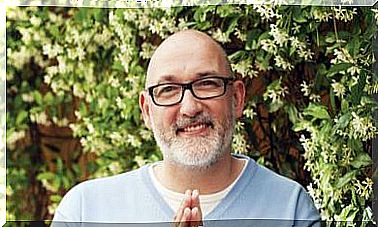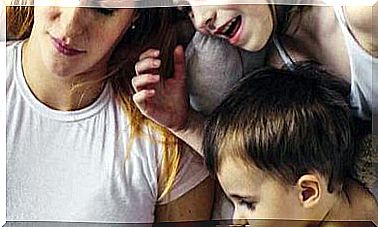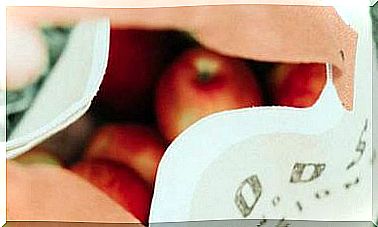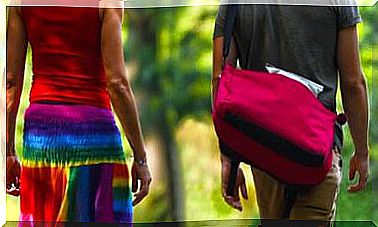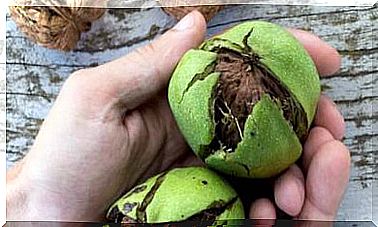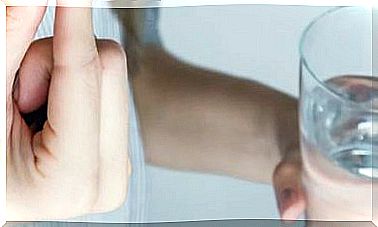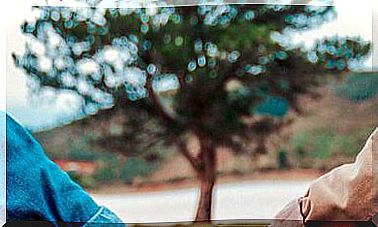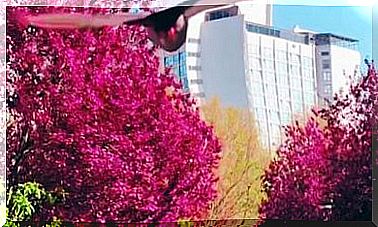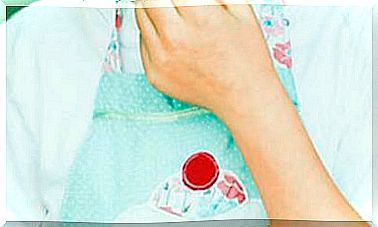“The Future Is In Integrative Medicine”
Few can say that they have lived history and created it at the same time. Pedro Ródenas participated in the initiatives that established a vision of natural health and today he is concerned about his crisis.
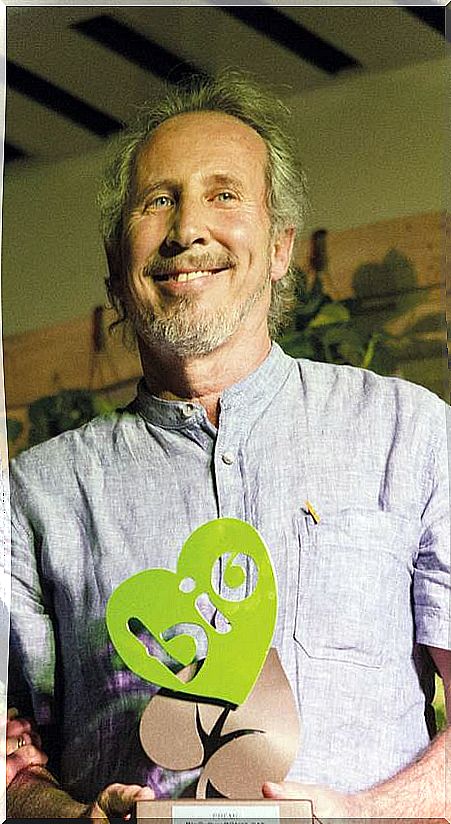
Pedro Ródenas is one of the doctors who, in the eighties, convinced that health must be promoted before fighting disease, created the bases for the promotion of alternative medicines in our country (naturopathic, traditional Chinese medicine, homeopathy … ).
He participated in the founding of the Integral and Natura Medicatrix magazines and has been one of Cuerpomente’s regular medical consultants since its inception. We chatted with him at ‘Integral. Integrative Medicine i Escola de Salut ‘, the center of reference in natural medicines that he runs in Barcelona.
Understanding principles of integrative medicine is key
The naturism that integrative medicine is inspired by is a philosophy of life, of non-violence applied to all fields of human activity.
In this type of medicine, the disease is considered as a mechanism of self-regulation or balance that nature has to defend itself from an aggression. The more we attack it the more we get sick, since we alter the ecosystems on which we depend for everything.
If we want to stay healthy we have to take care of everything that surrounds us : people, animals, the planet … Integrative medicine is a global medicine. And the future is there, in that vision.
“What led you to become interested in naturopathic medicine?”
– 41 years ago I graduated in Medicine, but my decision to be a naturopathic doctor is earlier. I was born into a vegetarian naturist family. My parents were janitors at the Barcelona Vegetarian Naturist Society at a time when this option was very minority, not like now.
In this Society we all knew each other because we were a kind of ghetto. Naturopathic teachers, naturopathic doctors of the time passed by there … I became interested in the subject because vegetarians used to be for health reasons, and few for ethical reasons. Most of them were there because they had been cured of their illnesses by diet and for me that was a motivation.
—You were a founding member of Integral and of the Spanish Association of Naturopathic Doctors…
—In 1978 many things were established. I finished my degree in July and the first issue of Integral came out in October , the same year that the Constitution was approved. He was born in a group of the Vegetarian Society. We were six medical students (some of us had finished that year), and an editor, Jaume Roselló, also a vegetarian. So we started doing medicine from an outreach point of view.
The naturopathic medicine has a lot of health education, and in 1982 also launched Natura Medicatrix , aimed at professionals. During its twenty-one years of life, four people make up the central nucleus of that project: Josep Lluís Berdonces, Xavier Uriarte, Anna Sanés, who was a nurse, and me. Later we would be firms in the beginnings of Cuerpomente .
—You were a teacher at the university…
—Yes, other things emerged from Natura Medicatrix. We organized the First Alternative Medicine Days in 1985. Then we made a trip to Germany to see the naturopathic clinics in the country; we organized courses that linked conventional medicine with alternative medicine …
The International Association of Medical Students organized an event every year and in 1993 the subject was chosen by the Spanish, and alternative medicines were chosen. I went with an acupuncturist from the College of Physicians. As a result, the Medicine students claimed an alternative medicine course to at least get to know them.
What cures is the internal doctor, the self-regulation mechanisms
“It started from them …
” “ Yes.” The following year, a round table was held in the Aula Magna of the Hospital Clínico, with the dean of the Faculty of Medicine and his representatives, and a course on alternative medicine was proposed . At the end, there was a 30-hour course, optional for fourth, fifth and sixth Medicine students. I coordinated the Naturopathic Medicine, another person the Homeopathy and another, Acupuncture. We spent seven years at the request of the students.
—You laid the foundations of naturopathic medicine in this country…
—Yes, along with my companions. I coordinated this course, I looked for teachers for each subject… It was for students, but the following year a postgraduate course was started for health professionals: doctors, nurses, physiotherapists…
—In Integral, Center Médic i de Salut, you integrated naturopathic medicine, traditional Chinese, homeopathy…
—We have changed the name, because we understood that it was very generic. Now we call ourselves Integral. Integrative Medicine and School of Health. All the specialists at the center had and have in common the certainty that what cures is the organism itself, the same Hippocratic natura medicatrix . That is, the internal doctor, or what in medicine we call self-regulation or homeostasis mechanisms that tend to balance.
The body is designed to stay healthy. We do not focus so much on thinking that what cures is the medicine, but we think that it cures the body itself. Then we also have in common the global vision of the patient. We understand the person as a whole.
– What proposal do you make to the patient based on this approach?
—In the consultation, for example, we educate the patient to change habits. We review the diet, eliminate risk factors, protect the liver, give chelating substances to eliminate toxins … The important thing is that the patient is aware or learns in this process that health has to do with what we eat, what we breathe, with how we relate, with the tolerance we have, with our sense of humor …
—And when the person already has a serious illness?
—In cancer, for example, when the body cannot contain the aggression, you have to seek help. A hormonal failure, as in juvenile diabetes, is not the same as an infection, in acute meningitis, which you treat with antibiotics. You have to know when yes and when not.
See that, faced with cancer, the person has to undergo surgery and chemo that, sometimes, if it is preventive, can be questioned … It is a delicate field and here what we try to do is complement: increase immunity, eliminate toxins, protect organs and avoid risk factors.
“It is necessary to regulate. You cannot treat traditional Chinese medicine the same as a new therapy”
“Now these medicines are being persecuted.” Do you notice it?
We are going through a critical moment because people are thinking about it more and more, with everything they hear. We have on a bulletin board a news item published in the Medical Journal with a list of 73 pseudosciences and another 66 that are being studied to assess them. Among those that have already considered pseudosciences are anthroposophic medicine (there are hospitals in Germany with 300 beds treating all kinds of pathologies); acupressure, family constellations, orthomolecular medicine, colon hydrotherapy or Ericksonian hypnosis… Incredible!
—Different international health organizations are asking for these medicines to be regulated…
—It is necessary to make a regulation. You cannot treat traditional Chinese medicine, which has been in use for 4,000 years, in the same way as other newly created therapies that have not been proven. It is necessary to regulate knowing that no one has the heritage of health. You can go to a specialist or a healer, if you decide, but the important thing is that no one is deceived, thinking that a person has a training that is not real.
—The integrative medicine that you defend, does it have a future?
—Almost all pathology in the Western world is related to food, to diseases caused by protein and fat deposits in the arteries, with substances that stimulate growth related to animal proteins (cancer). When you see that excess sugar causes diabetes, excess fat or carbohydrates favors obesity … The future is integrative medicine.
“What does it mean in practice?”
—It means choosing the best at all times for each patient’s situation, starting with the least aggressive resources and ending with the most aggressive, provided that the benefits outweigh the risks. For me, the priority medicine would be naturopathic medicine, which when there is a problem changes habits and educates the patient. And the drug, the last resort.
